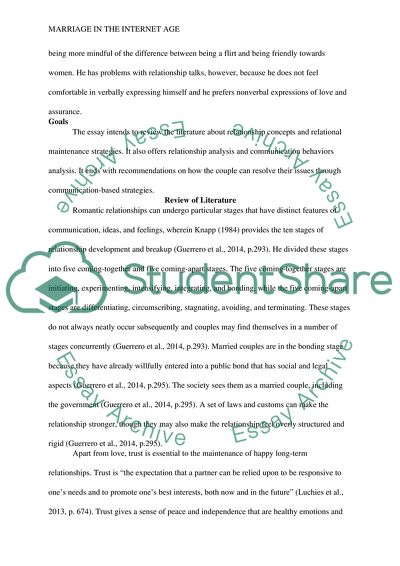Cite this document
(Jealousy and Distrust in Long-Distance Relationships Essay - 1, n.d.)
Jealousy and Distrust in Long-Distance Relationships Essay - 1. Retrieved from https://studentshare.org/psychology/1877504-assignment-papaer
Jealousy and Distrust in Long-Distance Relationships Essay - 1. Retrieved from https://studentshare.org/psychology/1877504-assignment-papaer
(Jealousy and Distrust in Long-Distance Relationships Essay - 1)
Jealousy and Distrust in Long-Distance Relationships Essay - 1. https://studentshare.org/psychology/1877504-assignment-papaer.
Jealousy and Distrust in Long-Distance Relationships Essay - 1. https://studentshare.org/psychology/1877504-assignment-papaer.
“Jealousy and Distrust in Long-Distance Relationships Essay - 1”, n.d. https://studentshare.org/psychology/1877504-assignment-papaer.


